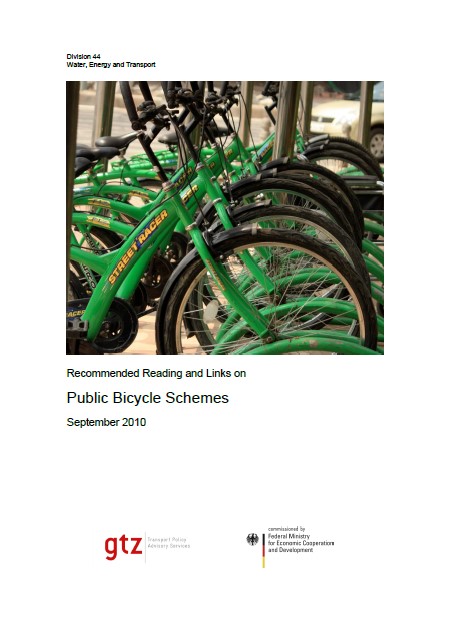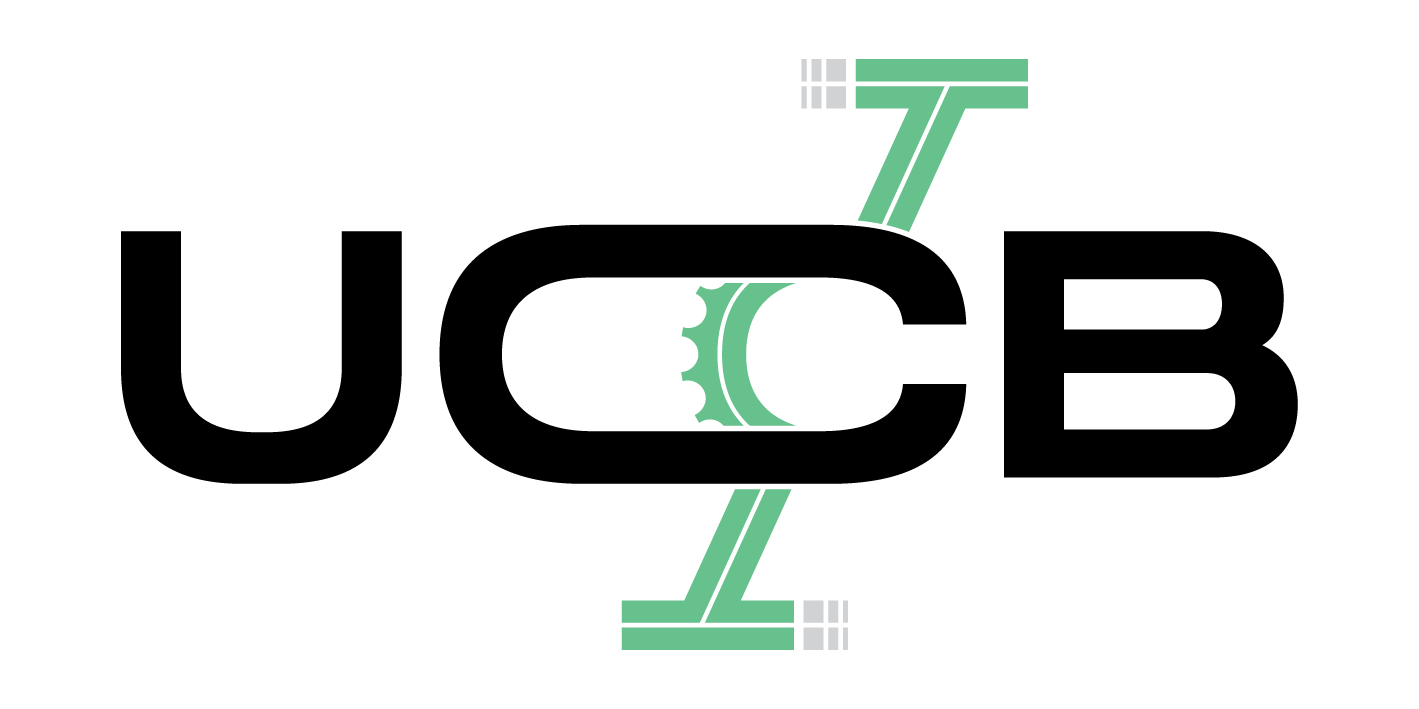Recommended Reading and Links on Public Bicycle Schemes
Tipo de publicação
Manual
Tipo de autoria
Parceria institucional mista
Nome do autor
GTZ, Federal Ministry for Economic Coorperation and Development
Língua
Inglês
Abrangência geográfica
Internacional/Mundial
Ano da publicação
2010
Palavra chave 1
Bicicletas públicas
Palavra chave 2
Compartilhamento
Palavra chave 3
Políticas Públicas
Palavra chave 4
Recomendações
Descrição
Various cities around the world are trying methods to encourage bicycling as a sustainable transport mode. Among those methods in encouraging cycling implementing public bicycle schemes is one. The public bicycle schemes are also known as bicycle sharing systems, community bicycling schemes etc., The main idea of a public bicycle system is that the user need not own a bicycle but still gain the advantages of bicycling by renting a bicycle provided by the scheme for a nominal fee or for free of charge (as in some cities). Most of these schemes enable people to realize one way trips, because the users needn’t to return the bicycles to the origin, which will avoid unnecessary travel. Public bicycle schemes provide not only convenience for trips in the communities, they can also be a good addition to the public transport system.
Encouraging public bike systems have shown that there can be numerous short that could be made by a bicycle instead of using motorised modes. Public bike schemes also encourage creative designs in bikes and also in the operational mechanisms.
The current document is one of the several efforts of GTZ-Sustainable Urban Transport Project to bring to the policymakers an easy to access list of available material on Public Bike Schemes (PBS) which can be used in their everyday work. The document aims to list out some influential and informative resources that highlight the importance of PBS in cities and how the existing situation could be improved. The material stated in this document does not serve as a panacea for the developing cities but certainly gives the policymakers the advantage of being updated with the developments and existing material on the subject.
Any comments on the material cited in this document can be directed to the SUTP team via email. We sincerely hope that you will benefit by reading this document.
Santhosh Kodukula
GTZ, SUTP



 Ao navegar no Observatório da Bicicleta você concorda com os
Ao navegar no Observatório da Bicicleta você concorda com os